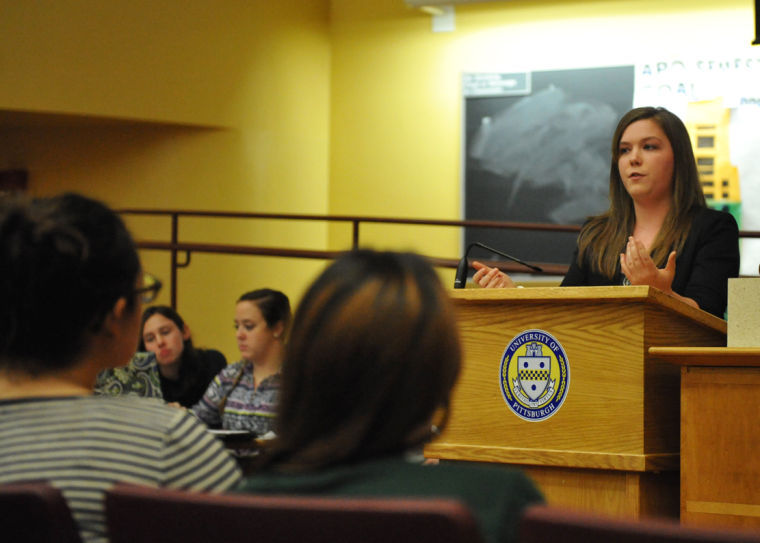Al Rasheed: Bullying victims need to break their silence
November 17, 2013
Two distinct viewpoints surround the recent increase in the frequency and intensity of bullying among adolescents. Some claim that bullying should be brushed off, that children should “tough it out,” but others believe that students have clearly crossed the line in the way they treat each other.
Recently, this attitude transcended to older participants outside of the typical school hallway. Reactions to last week’s Miami Dolphins scandal, which involved guard Richie Incognito leaving a racist voicemail to fellow teammate Jonathan Martin, prompting Incognito’s suspension and an investigation, fell into the same two distinct attitudes toward bullying. On one hand, we saw the recently suspended Incognito, who claims that “people don’t know how Jon [Martin] and I communicate to one another.”
This is a bit different from the statement of Martin’s lawyer, who claimed that Martin left the team because of “harassment that went far beyond the traditional locker room hazing,” according to a recent CNN article covering the issue.
I have trouble comprehending how a racist voicemail could be part of the locker room norm. But regarding traditional bullying, the “tough it out” rationale is relatively easy to understand. After all, bullying has been around for ages. Our parents were exposed to harassment, we were exposed to it, so victims should stick it out just as others in the past have done.
But if we look closely at the nature of today’s bullying, we’ll find that this is the wrong societal mentality to adopt toward bullying in the modern sense of the word. Today’s harassment has gone past the point of physical and verbal insults to cut-to-the-core daggers that prove far more psychologically plaguing than the traditional type. A new layer of technology adds to the issue, rendering it a far more sensitive situation and calling for a rationale other than “tough it out.” It is now substantially easier to share hurtful words without a face and often without being caught, as anonymous bashing websites indicate.
This silence comes two-fold. We have those who remain ignorant to the spike in instances of bullying — claiming that bullying has not increased or intensified — although anyone who reads personal stories of today’s victims will think otherwise. On the other hand, we have the victims, who have in response become silent on the issue out of fear that speaking out will go against the societal expectations of toughing it out and fending for themselves. What we are left with is an issue that is only intensifying, accompanied by a lack of efforts to fix the situation.
Fortunately, we have certain individuals who are willing to break the silence, which is the first step to combating the issue.
In what she describes as an “alternative, anti-bullying photo blog campaign” called We Are Empowered, senior marketing major Mackenzie Koffenberger has managed to turn the pixelated canvas into a silent yet empowering platform for bully victims and survivors.
“Once you put a face to a story, it’s impossible not to grasp what the issue entails,” she said of her project. “During an event making posters to use on the website, just talking about people’s battles with bullying felt like it was already helping the survivors. These events and the website create an instant community that can fight the biggest problem associated with bullying today — the stigma that we should keep quiet about it.”
Koffenberger uses technology as a way to create an online community that serves as the first step to combat the issue. In an event that started out on Pitt’s campus, bully victims from multiple states have been able to send in photos of their stories, written on poster boards, some using the boards to cover their faces. They represent a mere fraction of those affected, but they would presumably remain silent about their stories otherwise, and so far, the results have been heartwarming.
“I’ve done one photo shoot with We Are Empowered, and it was influential beyond words,” said Melanie Esterman, a junior psychology and communications major who is involved with the project. “It connected me to others on a level I didn’t know I could reach. We Are Empowered has already proved to be a powerful movement on a small scale. On a larger scale I honestly believe that it could move mountains in the fight to make bullying awareness a priority, not a secret.”
Since the individual stories themselves, which continue to spike in headlines, haven’t been able to draw attention to the issue, we can only be thankful that certain individuals have managed to break the silence. Somewhere within our tough it out and fend for yourself attitude we lost sight of the fact that those involved are undergoing true damage to their self-esteem.
We create the society to which we belong, whether or not we want to admit that we often contribute to the negative components. But when this happens, it is up to us to use action, not silence, to amend it.
Write to Sophia at [email protected].



